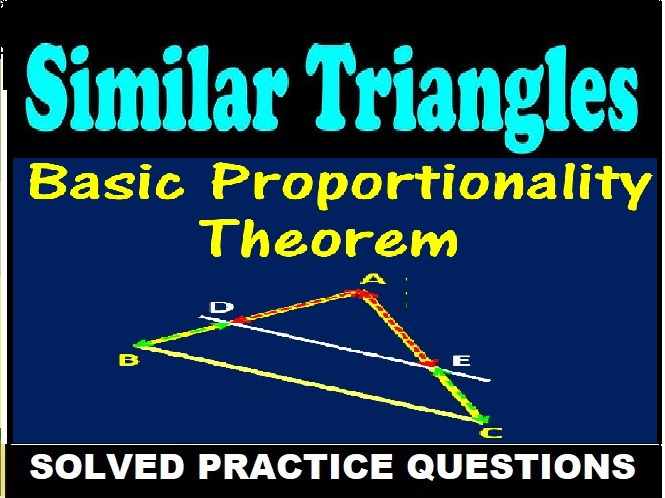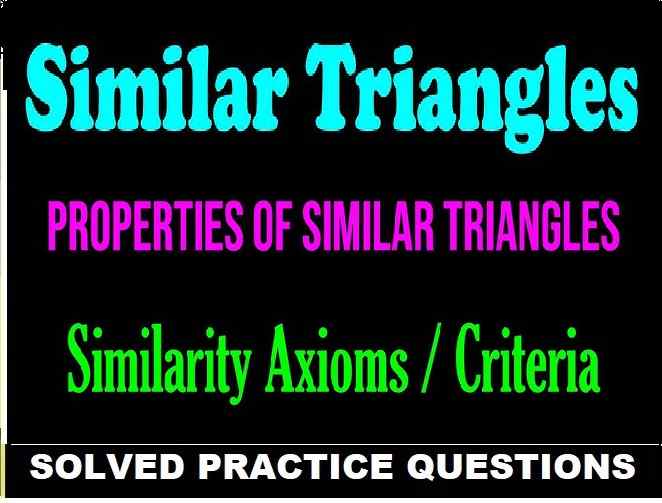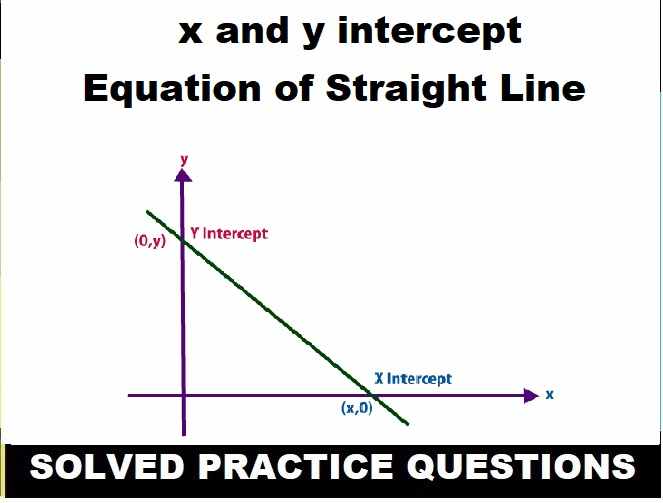Model Question Paper-5 Class-7 ML Aggarwal ICSE Mathematics Solutions. APC Understanding Mathematics for ICSE Class-7 Model Question Paper-5 Solutions based on Chapter-13 to 16. Visit official Website CISCE for detail information about ICSE Board Class-7 Mathematics.
Model Question Paper-5 Class-7 ML Aggarwal ICSE Mathematics Solutions
Based on Chapters 13 to 16)
Time allowed: 1 Hour
Maximum Marks: 25
General Instructions
- Questions 1-2 carry 1 mark each.
- Questions 3-5 carry 2 marks each.
- Questions 6-8 carry 3 marks each
- Questions 9-10 carry 4 marks each.
Choose the correct answer from the given four options (1-2):
Question 1.
If the area of a triangle is 48 cm2 and the length of its base is 12 cm, then its height is
(a) 4 cm
(b) 8 cm
(c) 12 cm
(d) 16 cm
Answer
Area of a triangle = 48 cm2
Base (b) = 12 cm
Height (h) =
=
= 8 cm (b)
Question 2.
The letter which has both line and rotational symmetry is
(a) W
(b) N
(c) X
(d) E
Answer
The letter which has both a line of symmetry
and a rotational symmetry is X (c)
Question 3.
If the circumference of a circular sheet is 44 cm, then find its area.
Take π = .
Answer
Circumference of a circular sheet = 44 cm

Question 4.
Copy the given figure and draw all lines of symmetry.

Answer
There are two lines of symmetry as shown here.

Question 5.
The given figure shows a net of a die; the numbers inserted in each square indicate the number of dots on that face. Insert suitable numbers in the blank squares, remembering that the number of dots on opposite faces of a die should be 7.

Answer
A net of die is given and some numbers are also given on it.
We know that the sum of the number on opposite faces is 7.
The blank squares have been completed as shown in the figure.

Question 6.
A figure looks exactly the same at its original figure after a rotation of 72°. At what other angles will this figure appear the same? What can you say if the angle of rotation is (i) 60° (ii) 75°?
Answer
A figure looks exactly the same at its original figure after a rotation of 72°
It shall appear same at the angles 144°, 216°, 288°, 360°
If the angle of rotation be
(i) 60°, then it will be 120°, 180°, 240°, 300°, and 360° and
(ii) 75°, then it will be not possible as 360° is not exactly divisible by 75°.
Question 7.
In the given figure, a circle is inscribed in a semicircle of radius 7 cm. Find the area of the region.
Take π = .

Answer
In the given figure, a circle is inscribed in a semicircle of radius 7 cm.
Area of semicircle = πR2

Question 8.
Draw an isometric sketch of a cuboid of length 5 units, breadth 4 units and height 3 units.
Solution:
The required isometric sketch of a cuboid has been drawn:

Question 9.
In the given figure, ABCD is a parallelogram with AB = 6 cm and AD = 5 cm. If DM is perpendicular to AB and the area of parallelogram ABCD is 24 cm2, find the length of AM.

Answer
In the given figure,
ABCD is a parallelogram
Area of ||gm = 24 cm2
Base = AB = 6 cm

Perpendicular DM = =
= 4 cm
Now in right ∆ADM
AD2 = DM2 + AM2 (Pythagoras Theorem)
⇒ 52 = 42 + AM2
⇒ 25 = 16 + AM2
⇒ AM2 = 25 – 16 = 9 = (3)2
⇒ AM = 3 cm
Question 10.
By using ruler and compass, construct a triangle ABC with BC = 6.5 cm, AC = 5 cm and ∠C = 60°.
Answer
Steps of construction:
(i) Draw a line segment BC = 6.5 cm.
(ii) At C, draw a ray AX making an angle of 60°
and cut off CA = 5 cm.
(iii) Join AB.
∆ABC is the required triangle.

– : End of Model Question Paper-5 Class-7 ML Aggarwal Solutions :–
Return to – ML Aggarwal Maths Solutions for ICSE Class -7
Thanks


